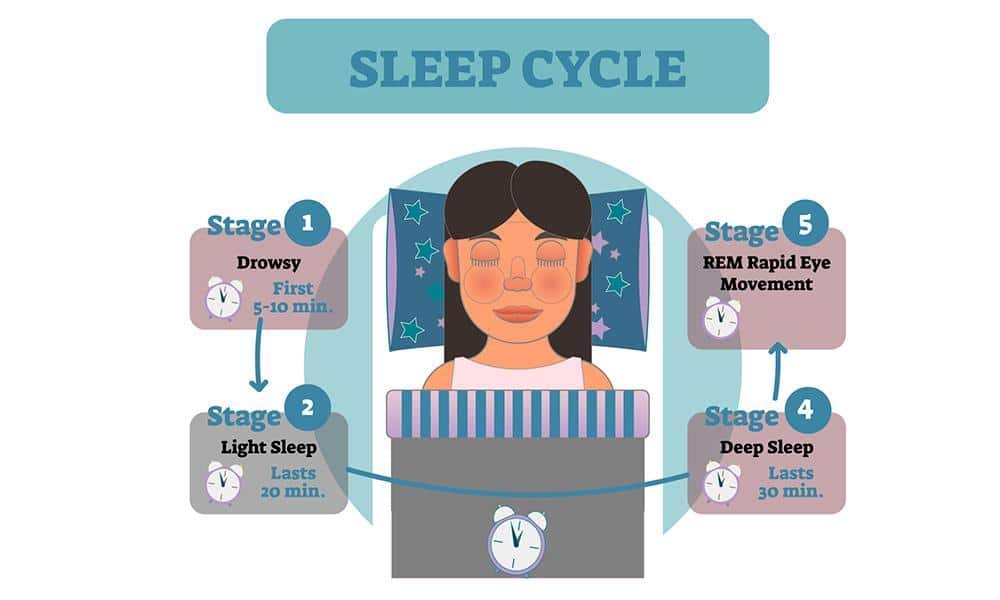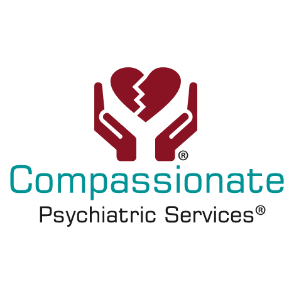
Healthy sleep is necessary for an active and disease-free body. When you are sleep-deprived, your brain doesn’t function properly, impairing your ability to concentrate, think clearly, and process memories from short to long-term memory. Though most of us focus on how many hours of sleep we get in one night, sleep cycles, quality, and restorative sleep time are critical. While asleep, your total sleep is comprised of several rounds of four sleep stages. In a typical night, a person goes through four to six sleep cycles, not all the same length, but each stage lasts about an average of 90 minutes. Getting enough hours of high-quality sleep fosters attention and concentration, which are a prerequisite for most learning. Sleep also supports numerous other aspects of thinking including memory, problem-solving, creativity, emotional processing. Preventing getting adequate rest, short-term daytime cognitive impairment is common. Multiple studies have linked poor sleep with longer-term cognitive decline, including the development of dementia and Alzheimer’s dementia.
The four sleep stages consist of:
- Sleep Stage 1— essentially the “dozing off” stage, normally lasting one to five minutes. During this stage, the body isn’t fully relaxed, though the body and brain activities start to slow with periods of brief movements (twitches).
- Sleep Stage 2— is when the body enters a more subdued state where your body’s temperature drops, your muscles relax, breathing, and heart rate slows.
- Sleep Stage 3— is known as deep sleep where muscle tone, pulse, and breathing rates decrease and the body relaxes even further, making it hard to wake up.
- Sleep Stage 4— is REM sleep, where your brain activity picks up, at the same time the body experiences a state of temporary paralysis of muscles, except for eye movement and breathing. REM sleep is essential for cognitive functions, memory, learning, and creativity.
Sleep stages are important in allowing the brain and body to recuperate, an essential component to healthy emotional and physical health.
Some factors that affect sleep:
- Age
- Problematic sleep patterns
- Alcohol
- Sleep disorders
To improve your sleep, create a soothing sleep environment, follow a consistent sleep schedule, avoid light, and noise exposure, and avoid alcohol.
If you or a loved one are suffering from anxiety and depression, these factor into getting good sleep as well. Contact Compassionate Psychiatric Services today to see how our alternative treatments might help you.


